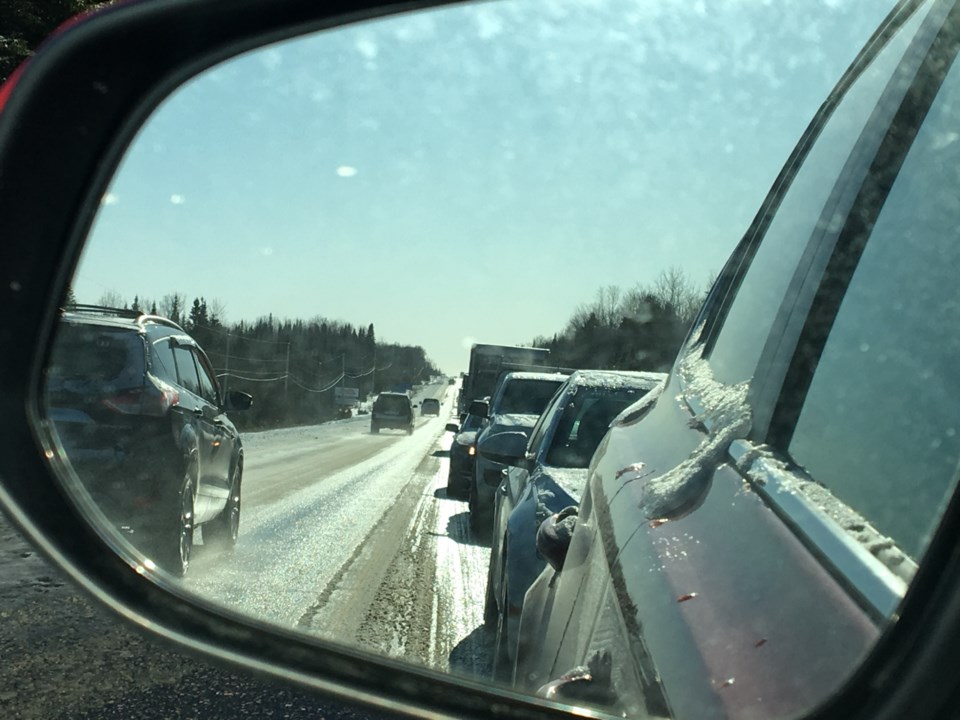Would you trade some privacy for a chance at lower insurance rates?
In an online poll this week, most of you said no.
Insurers want to calculate risk as accurately as possible. But when it comes to drivers, they have a limited amount to go on: age, driving history, tickets and so forth. Being able to put their driving under surveillance, something that's been technically possible for years, would change that — but for the fact that many drivers find the whole idea creepy.
Earlier this year, many U.S. drivers of GM vehicles, shocked to find that their insurance rates had skyrocketed, discovered that their cars had been filing detailed reports about their driving behaviour with their insurers: miles driven, 'hard-brake events,' rapid accelerations, all of it.
The British company Drive Like a Girl at least has been far more transparent.
In the wake of an EU ruling that it was a human rights violation to charge young men higher premiums than young women — which meant that some young women in the UK were immediately paying £500 ($870) more for insurance — the startup offered them the chance of lower rates, in exchange for having their driving tracked.
"Having a black box fitted to your car might make you feel like you’re in Big Brother, but don’t worry – we don’t set any curfews or fine you for driving late at night," the company says.
One plausible future, then, involves a two-tier system where only the wealthy can afford privacy as drivers, and the rest of us put up with some level of surveillance, however tactfully named or cleverly marketed.
This week, we asked: if you were reasonably sure it would lead to lower insurance rates, would you agree to have your driving electronically monitored?
Mostly, you said no.
Women, older readers and Liberal voters are more open to the idea:
One of the more unexpected findings is that responses don't have that much to do with income. Here we cross-reference with whether people are concerned about the cost of winter heating, something that indicates economic insecurity more broadly:
And here it is with a more traditional question about household income. There is some effect below $60,000, but it's not as strong as might be expected.
Readers who are less concerned with digital privacy in general are also more open to monitoring:
Opposition is linked to varying degrees with a libertarian cluster of views, generally, and with support for a republic:
People with tattoos are less open to monitoring:



3.jpg;w=120;h=80;mode=crop)